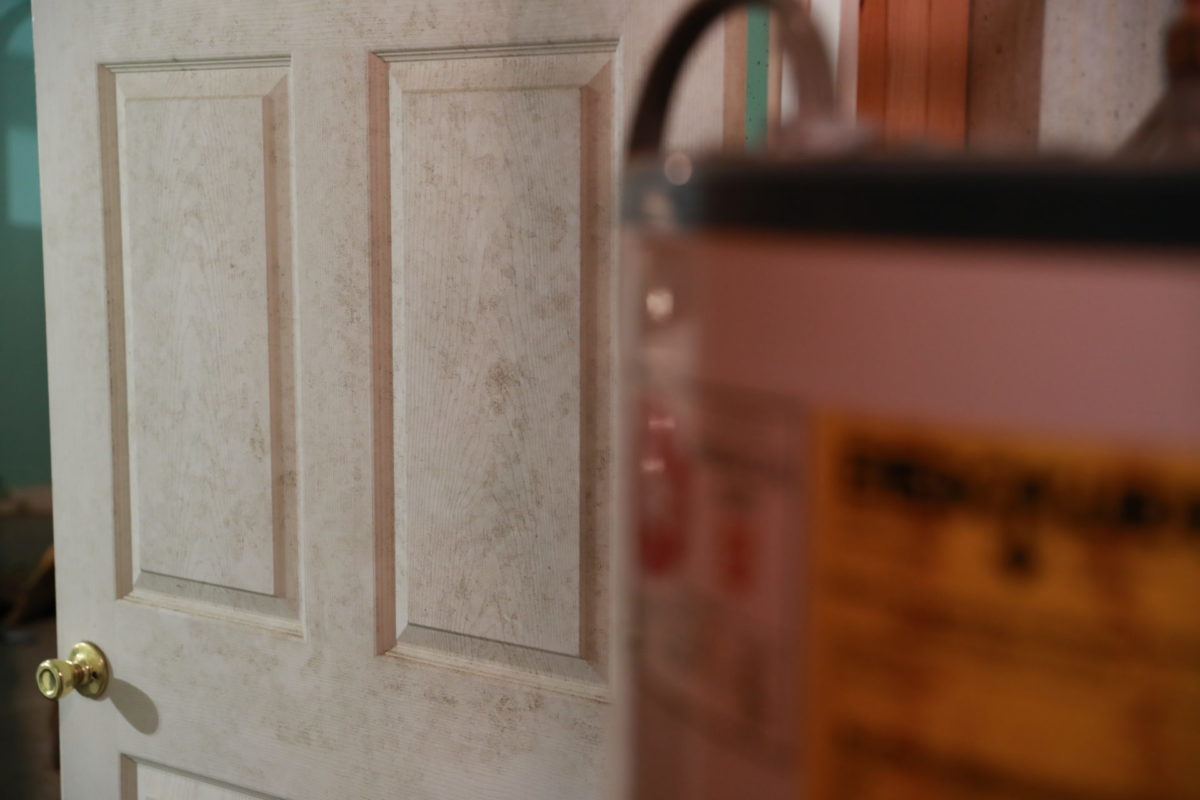How Mold Can Affect Your House

Posted on September 1, 2022 by Angel Clean
Stepping outside in spring and summer time, the air feels heavy and thick. This is the increase in humidity. Humidity is generally accepted with consternation for a myriad of reasons. For us humans its sticky and it increases perspiration. For houses however, it can cause mold levels to rise at an alarming rate.
Where Does Mold Grow?
Mold can grow basically anywhere. Mold requires moisture and oxygen, which is almost everywhere in the world. Mold can grow organically anywhere: on wood, papers/textiles, food, carpet, and insulation. Mold can grow in structures and affect the stability of any building. It can be harmful and lead to health problems, especially if its black mold. Mold unfortunately cannot always be avoided. However, there are preventive measures one can follow to ensure the longevity and safety of your home and your family if you notice mold growing.
Where to Look for Mold?
Moisture leaks can happen in any space and it is important to check for mold growth periodically. Common places for mold growth in homes are leaking roofs, home fire sprinklers, gutter systems leaking underneath a house, and high humidity areas (60% or above) such as a basement. Wet basements are common due to their location and if humidity levels are not kept in check, mold growth is likely. Basements are also prone to flood damage. Flooded basements are a perfect breeding ground for mold. Even after water levels have receded, the walls can retain the moisture and mold growth will occur. In other parts of a home, plumbing errors and broken appliances can create a small water leak that can turn into a big problem as mold begins to grow.
Here are some ways to notice signs of mold growth: earthy smells inside your home, water damage on sheetrock, and seeing mold on walls. If you see condensation in your home you probably have higher humidity levels which could also stimulate mold growth. If you see any of these signs, your home is possibly in need of mold remediation.
Steps to Decrease the Possibility of Mold Growth.
HVAC (Heating, Ventilation, and Air Conditioning) systems are one of the best inventions to deter mold growth from your home. Your HVAC needs to always be running, especially accompanying activities such as mopping, cooking, and other daily tasks.
Portable dehumidifiers are another great resource to prevent moisture and mold growth. These can be plugged into any electrical outlet and are a “must have” for partial and full basements.
An additional preventative step to take into consideration is installing a humidity reading tool so you know immediately if there is too much moisture in your home.
Effects of Mold.
Mold can cause extreme sickness if not removed. Symptoms of mold sickness can include: watery eyes, runny nose, wheezing, headache and fatigue.
Mold also affects the value of your home. Because mold digests and deteriorates whatever it grows on, it can have a negative effect on the stability of your structure over time.
Mold can affect the smell of your home as well. Candles and other home scent products can only do so much to mask the odor, but only mold removal will remove the smell permanently.
Who to Call if You Notice Mold?
If you are needing mold removal, you will want dedicated mold removal professionals near you. Angel Clean is here to serve you in all your home and mold remediation needs. Don’t let one flood, natural disaster, or high humidity summer get your home down! Restoration starts today!